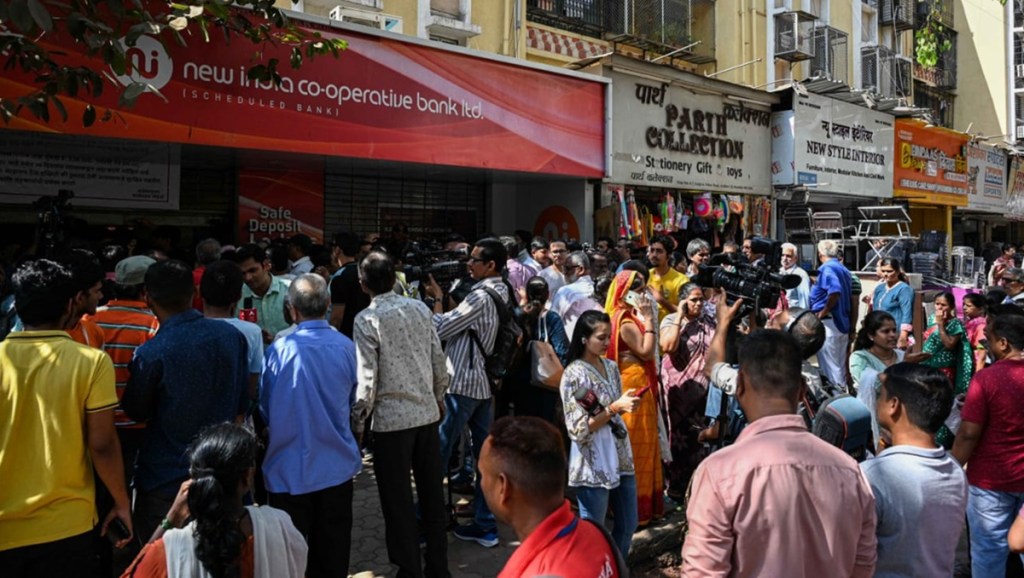What to make of the New India Cooperative Bank fiasco? Banking sector veterans say this is not new. These developments tend to happen periodically to several banks in the past too but none has so far gone belly up and depositors do tend to get their money back, albeit there may be some waiting to be done on their part.
Not wanting to be named or to comment on New India per se, the experts with long years in the Indian banking arena, remind that history tells us that there may be delays but typically bank depositors tend to eventually get their money back. They also point out that the Reserve Bank of India’s supervisory framework is very strong with regulations in place that are both good and correct. The future for many of the failed entities could either be a buy out or even some rectifying themselves and taking the needed corrections.
While the story of no two banks is identical and each is a unique story. For instance, one banker pointed to the case of Punjab and Maharashtra Cooperative (PMC) Bank issue and the subsequent Reserve Bank draft scheme for takeover of the bank by the Delhi-based Unity Small Finance Bank (USFB). Or, there was the case of Yes Bank that some referred to
where the RBI lifted the moratorium imposed on the bank and the customers were able to access full banking services and normal transactions restarted. As one banker summed it up: “while there may be immediate concern and worries for depositors the unique point about the failures or crisis in Indian banking cases has been that no bank has really gone belly up and usually it is a managerial issue that needs corrections.”
Some however felt this may be time for depositors to wake up and study bank interest rates and profit profiles more closely.
In any case, the RBI does clarify that the “eligible depositors would be entitled to receive deposit insurance claim amount of their deposits up to a monetary ceiling of ₹5,00,000/- from the Deposit Insurance and Credit Guarantee Corporation (DICGC). With more details on the DICGC website: http://www.dicgc.org.in. Bulk of the customers typically tend to be in this category.
